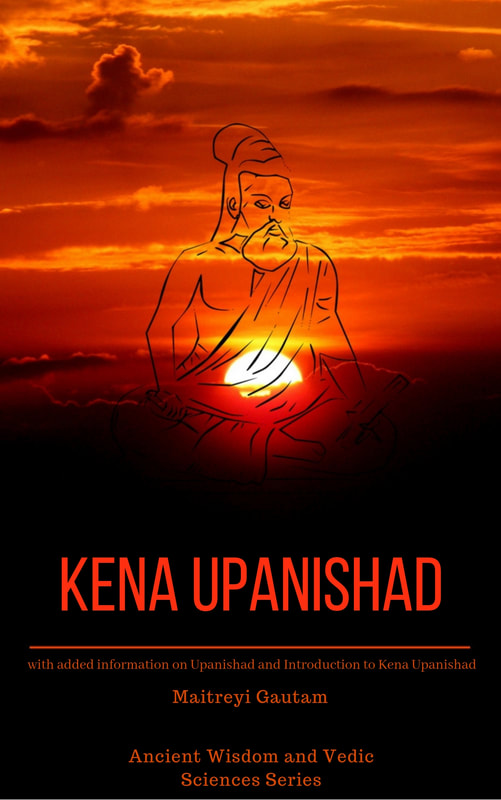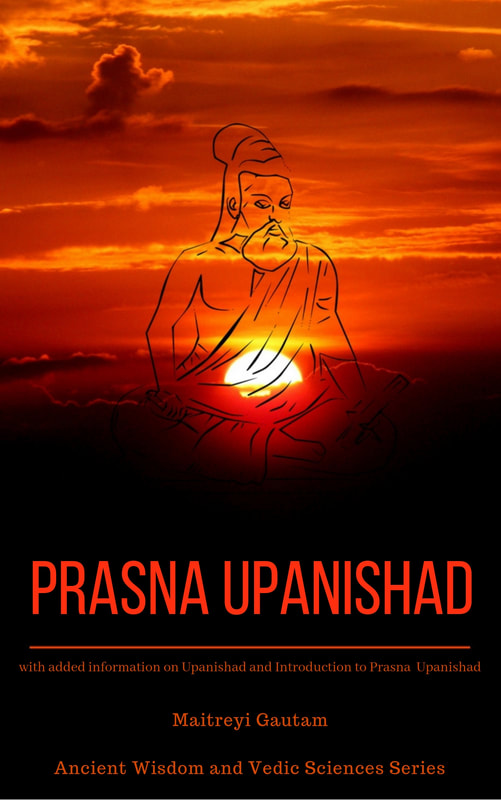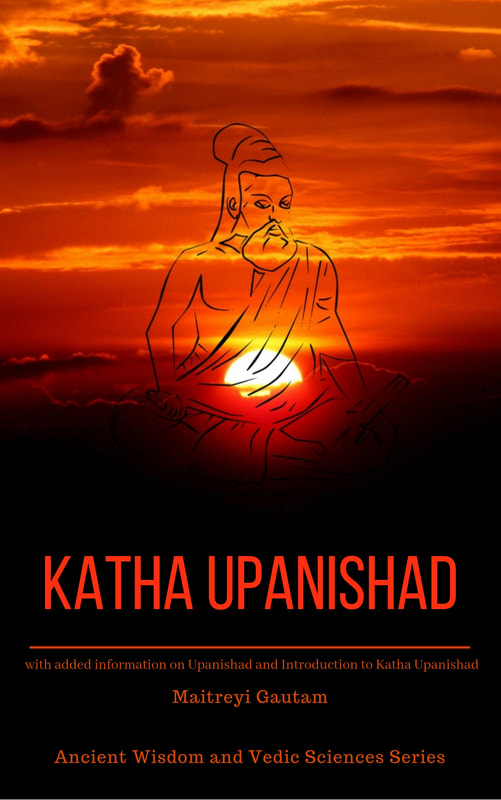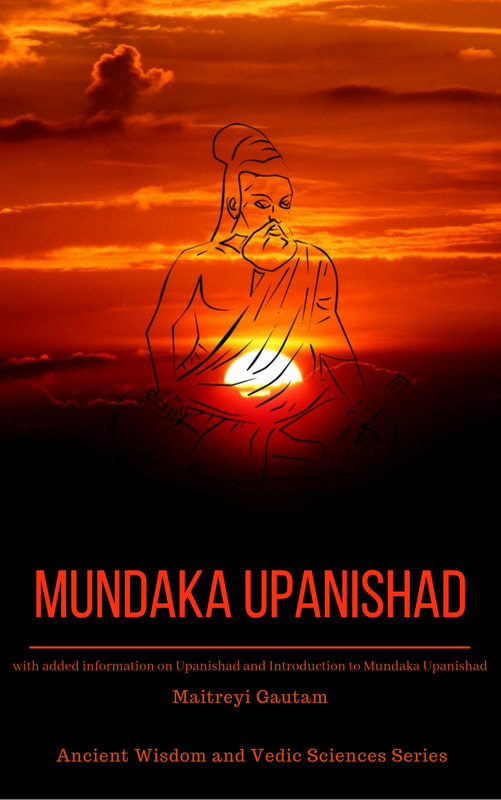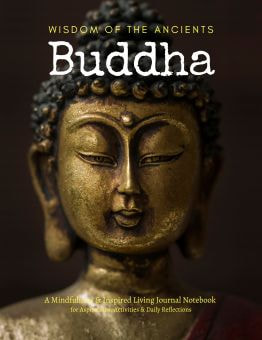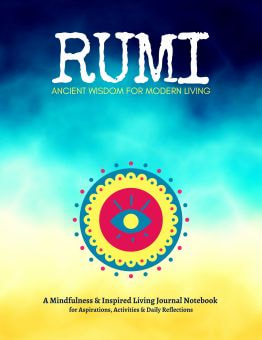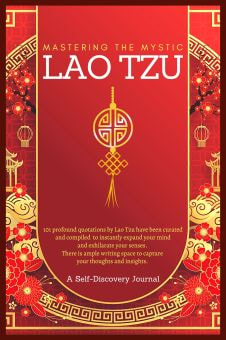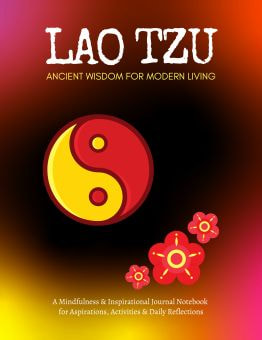| Chaturmasa, a significant period in the Vedic lunar calendar, is observed as a time of spiritual reflection, devotion, and penance by Hindus worldwide. Spanning four months between July and October, Chaturmasa is believed to be a period when the gods and goddesses are in deep meditation. It is an opportunity for devotees to embark on a journey of spiritual growth, seeking divine blessings and guidance. In this article, we will explore the meaning and significance of Chaturmasa, as well as the customs and traditions associated with this sacred period. | |
Chaturmasa, which translates to "four months," begins on the Ekadashi (eleventh day) of the Shukla Paksha (bright fortnight) of the Hindu month of Ashadha and ends on the Ekadashi of the Shukla Paksha of the month of Kartik.
It is during these months that the monsoon season arrives in India, bringing with it a time of renewal, rejuvenation, and introspection.
It is during these months that the monsoon season arrives in India, bringing with it a time of renewal, rejuvenation, and introspection.
The Significance of Chaturmasa
Chaturmasa is considered an auspicious time for spiritual growth and self-improvement.
During this period, it is believed that Lord Vishnu, one of the principal deities in Hinduism, goes into a state of deep meditation known as Yoga Nidra.
Consequently, the divine energies of the gods and goddesses are considered to be more accessible to devotees, making it an ideal time to seek their blessings and guidance.
During this period, it is believed that Lord Vishnu, one of the principal deities in Hinduism, goes into a state of deep meditation known as Yoga Nidra.
Consequently, the divine energies of the gods and goddesses are considered to be more accessible to devotees, making it an ideal time to seek their blessings and guidance.
Customs and Traditions during Chaturmasa
- Fasting and Penance: Observing fasting and other forms of penance is a significant aspect of Chaturmasa. Devotees may choose to abstain from certain foods or fast on specific days, such as Ekadashi, to purify their minds and bodies and develop greater self-discipline. Penance can also include giving up indulgences, like watching television or engaging in excessive socializing.
- Increased Spiritual Practices: Chaturmasa is a time to deepen one's spiritual practice through increased meditation, prayer, and recitation of sacred texts. Devotees are encouraged to attend religious gatherings, visit temples, and participate in community events to strengthen their connection with the divine.
- Charitable Acts: Almsgiving and acts of charity are highly valued during Chaturmasa. Devotees are encouraged to help those in need by offering food, clothing, or financial assistance. Acts of kindness and compassion not only accrue spiritual merit but also foster a sense of unity and harmony within the community.
- Observance of Rituals and Festivals: Chaturmasa is marked by various festivals and rituals that celebrate the divine and promote spiritual growth. Some of the important festivals observed during this period include Janmashtami, Ganesh Chaturthi, and Navaratri.
In conclusion...
Chaturmasa is a sacred period in the Vedic calendar that offers devotees the opportunity to embark on a journey of spiritual growth and self-improvement. By observing the customs and traditions associated with Chaturmasa, people can cultivate a deeper connection with the divine and reinforce the timeless wisdom and values of their faith.
This period serves as a reminder of the importance of introspection, self-discipline, and compassion, inspiring devotees to lead a more balanced and spiritually enriched life.
This period serves as a reminder of the importance of introspection, self-discipline, and compassion, inspiring devotees to lead a more balanced and spiritually enriched life.













